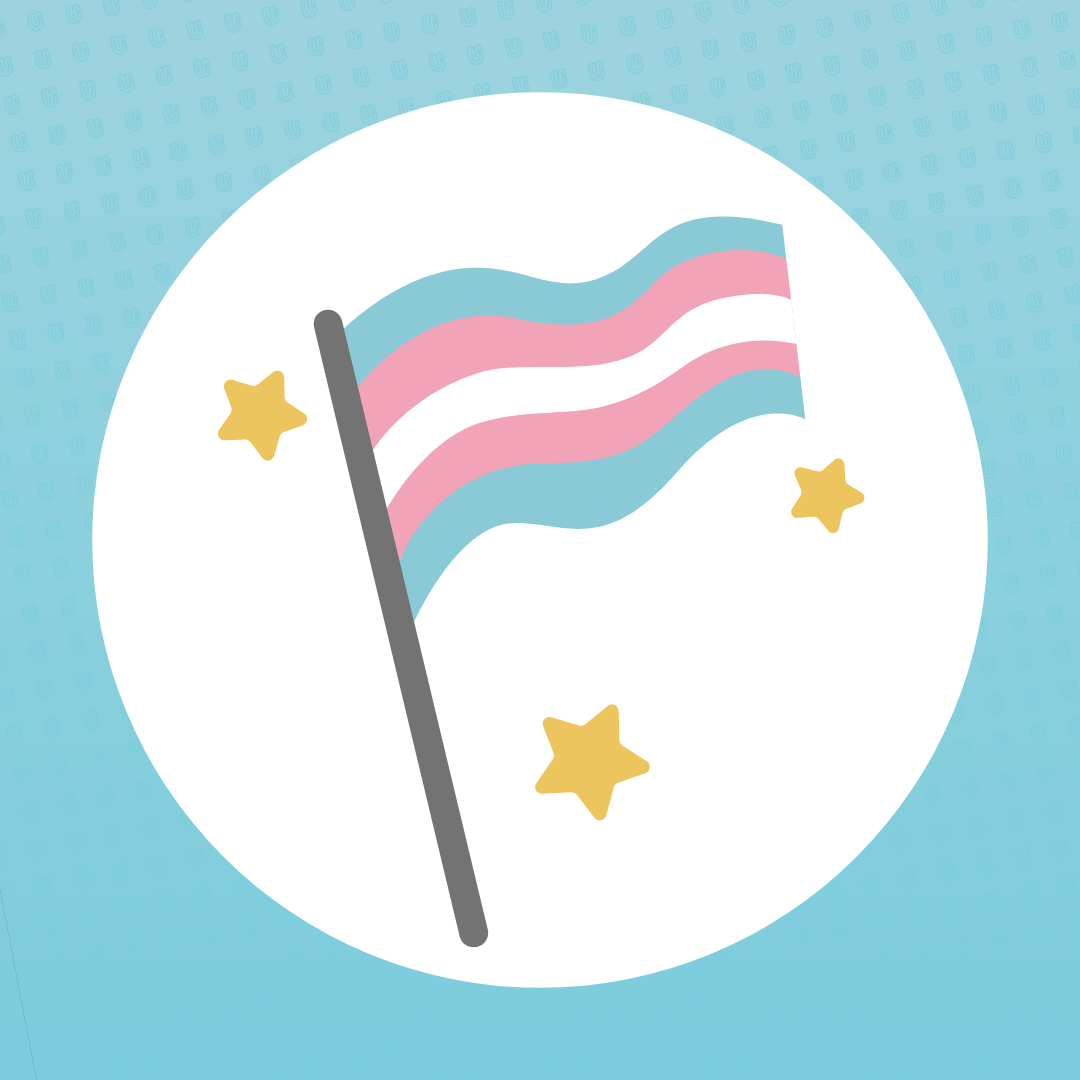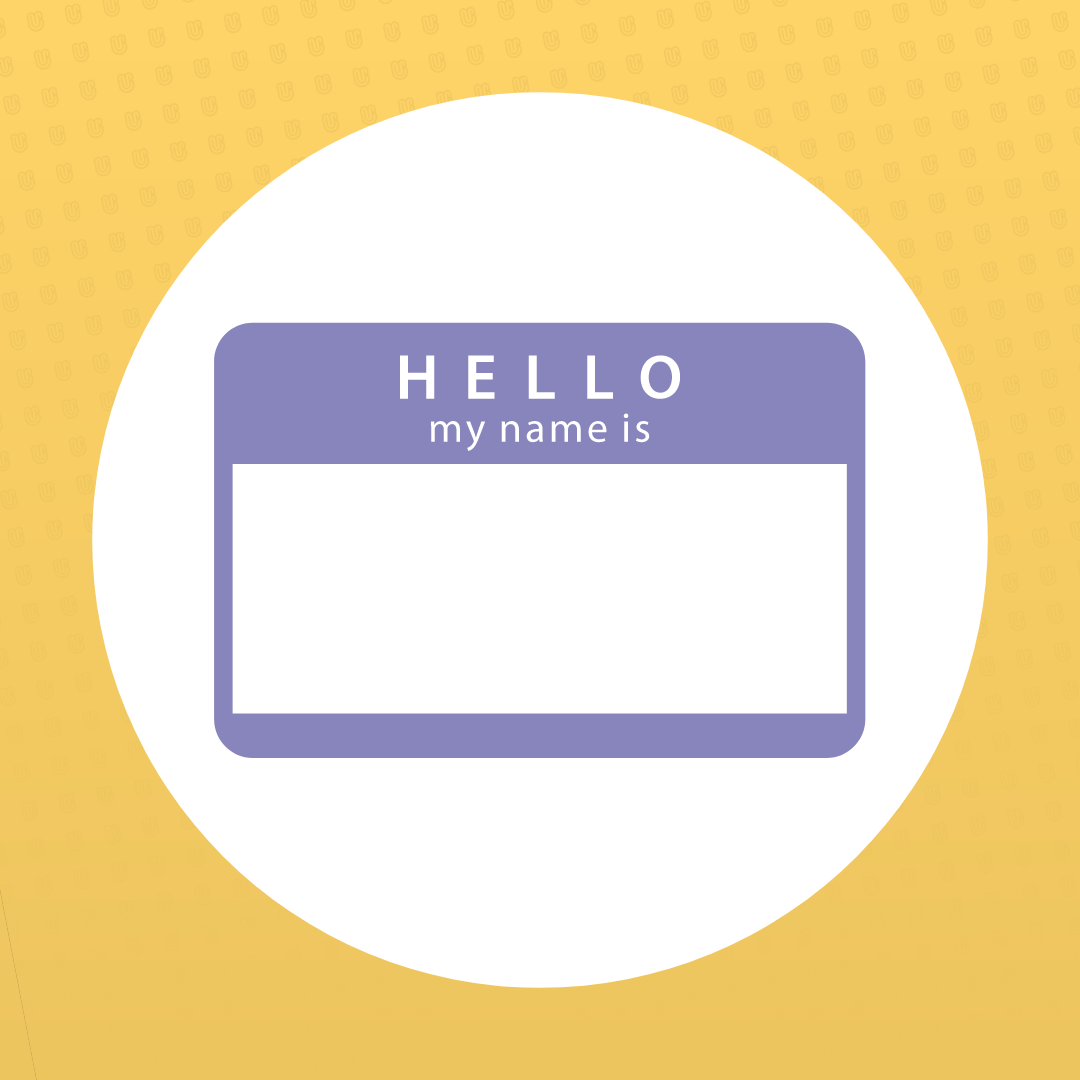International Transgender Day of Visibility is an event that celebrates transgender people and their contributions to society. This annual event is held on March 31st, and is celebrated in various ways across the world, from social media campaigns to rallies and protests.
The International Day of Visibility
Twelve years ago, trans activist Rachel Crandall realized that every time she heard about the trans community in the media, it was in relation to the Transgender Day of Remembrance and all the lives lost to transphobic violence. There was no day to celebrate trans people or acknowledge their achievements. So, Rachel took matters into her own hands and created the International Transgender Day of Visibility or TDOV.
Since then, every March 31st we gather to empower the transgender community around the globe by shining a spotlight on our successes and accomplishments and raising awareness of all that is still to be done.
Why It's Important
On this day, we must remember that transgender people that face immense stigma and oppression in their everyday lives. Whether through a lack of legal protection in the workplace, bullying and harassment in school, or the refusal of health services and insurance coverage. We must acknowledge the tremendous courage it takes to live openly and authentically despite the continuous efforts from those who act on the basis of hate and ignorance to shut down the transgender and non-binary community.
There is no such thing as “remaining neutral” when it comes to advocating for other human beings’ rights. Supporting the decent and equal treatment of everyone regardless of their gender, sexual orientation, faith, beliefs, and social standing is the foundation of a successful and civilized society. It is something that no one should ever have to ask for or fight for; no human being should ever feel invisible in their community. No one deserves to live every day in perpetual fear of violence or discrimination.
We need to all come together and call for full equality and observance transgender and non-binary people’s rights. Our rights are HUMAN RIGHTS.
History and Achievements of the Trans Community
Some barrier breakers we should celebrate:
Georgina Beyer
Georgina Beyer is a politician born in Wellington, New Zealand. After a life of struggle and great courage, in 1999, they became the first openly transgender person in history to become a Member of Parliament.
Vivek Shraya
This musician, writer and visual artist from Edmonton (Alberta) is a board director for the Tegan and Sara Foundation which works on improving the lives of LGBTQ+ women. She is also the founder of the publishing imprint VS. Books, offering mentorship and publishing opportunities for BIPOC writers over the age of 50 living in Canada.
Ben Barres
The pioneer American scientist Ben Barres was a renowned neurobiologist who made major discoveries in the human brain’s functions. In 2013 he became the first transgender person to be a member of the National Academy of Science.
Julie Lemieux
This Canadian politician was elected mayor of the village of Très-Saint-Rédempteur (Quebec) in 2017, and in doing so, she became Canada’s first openly trans mayor. She won by proving that people cared more about what she could do for the community rather than her gender identity.
Dr. Renee Richards
Renee Richards is a former professional tennis player from New York that after transitioning in the 1970’s fought for her right to compete in the US Open as a woman. Her fight led to the New York Supreme Court ruling in her favor, setting a landmark for all transgender rights.
Elliot Page
More recently, we must highlight the achievements of Elliot Page. The Canadian actor came out as transgender this past December. He is famously known for his roles in Juno, the X-men franchise, Christopher Nolan’s Inception, and currently stars on the Netflix TV series The Umbrella Academy. Therefore, I think it is safe to say that Elliot has become the most successful trans actor worldwide. He is also the first transgender man to appear on the cover of TIME magazine.
It should be noted that transgender visibility is an extensive field that expands outside of the community itself. Everyone in the LGBTQ+ community knows how important the support of our allies is. They fight with us for universal equality and freedom, and in their efforts, they encourage others to join.
How to be an ally?
If you are new to allyship and you don’t know how to navigate your way around being an ally to the transgender and non-binary community, don’t worry. That’s okay. Here are a few tips from GLAAD that you can use:
Tip #1: Don’t Assume Pronouns; Instead, Ask
There is no crime in not knowing a person's pronoun, but there are a few methods you can use to find out, such as:
- Introduce yourself and the pronoun you prefer, and then ask about theirs.
- Listen to how other people who know the person speak about them.
In the event you use the wrong pronoun, apologize and move things along.
Tip #2: Learn to Separate Gender Identity and Sexual Orientation
You cannot assume that a transgender person is gay or straight or otherwise by looking at them. In other words, gender identity is not sexual orientation. While the latter speaks to who we are attracted to, the former is about one’s personal identity. There are bisexual, straight, gay, and lesbian trans people.
Tip #3: No One “Looks Transgender”
It's safe to assume there are transgender people at any gathering of people. However, it is downright offensive to go "looking around" for transgender or non-binary people. In fact, most do not appear visibly trans, and they do not come from a single background.
Tip #4: Don’t Ask Their “Real” Name
Asking a transgender person their “real” name is offensive. This is because it is likely that they changed their assigned birth name, and asking about it causes unnecessary tension and apprehension. If they willingly offer to tell you their birth name, well and good. Likewise, do not share their birth name w other people without the trans person's consent.
Tip #5: Respect The Privacy Of Gender History
A transgender person’s gender history is personal information. Gender history for transgender people is often a source of gossip and slander. If they share it with you, you cannot share it with others unless they have explicitly given their consent; otherwise, it would be a breach of privacy.
The Trans Day of Visibility is a day to show support to the trans community, spread knowledge of our existence and empower ourselves by getting the recognition we deserve. We are no strangers to showing ourselves, and this year, we do so with more commitment than ever.
Let’s stand together, the LGBTQ+ community and our allies. Let’s show off our strength and power. It’s our time to be seen, our time to be loved and respected. It’s time to celebrate.



Leave a comment
This site is protected by hCaptcha and the hCaptcha Privacy Policy and Terms of Service apply.